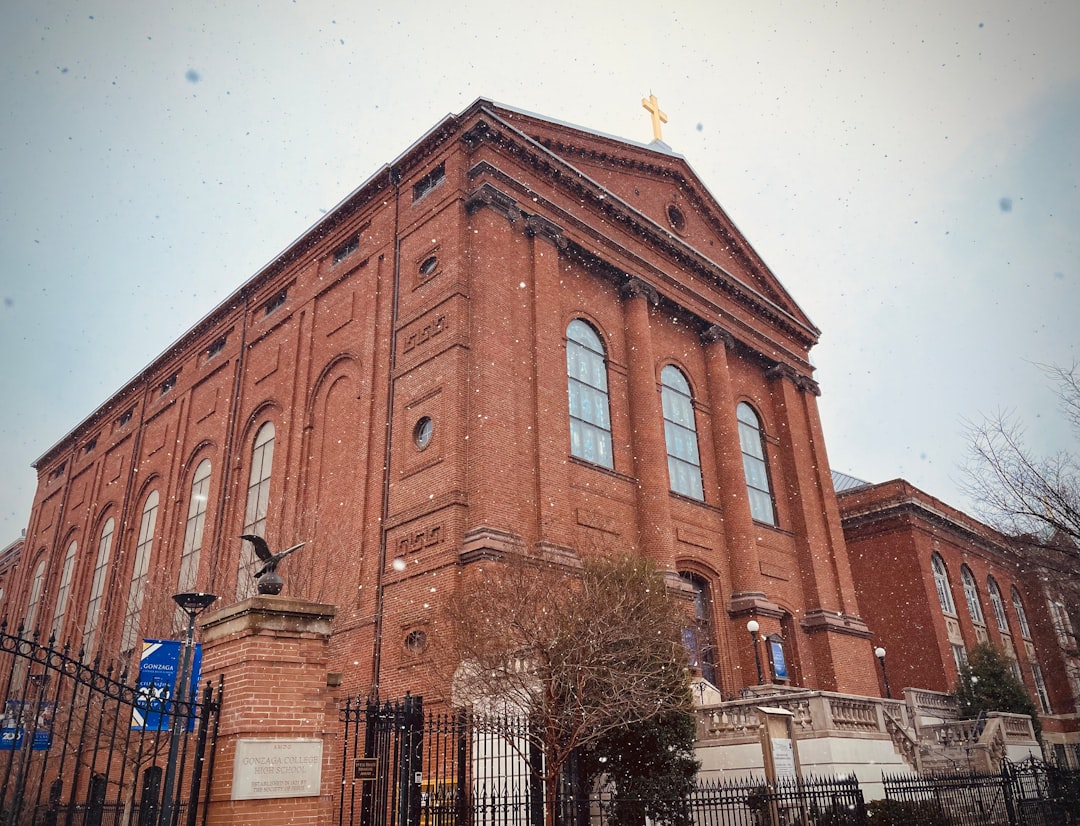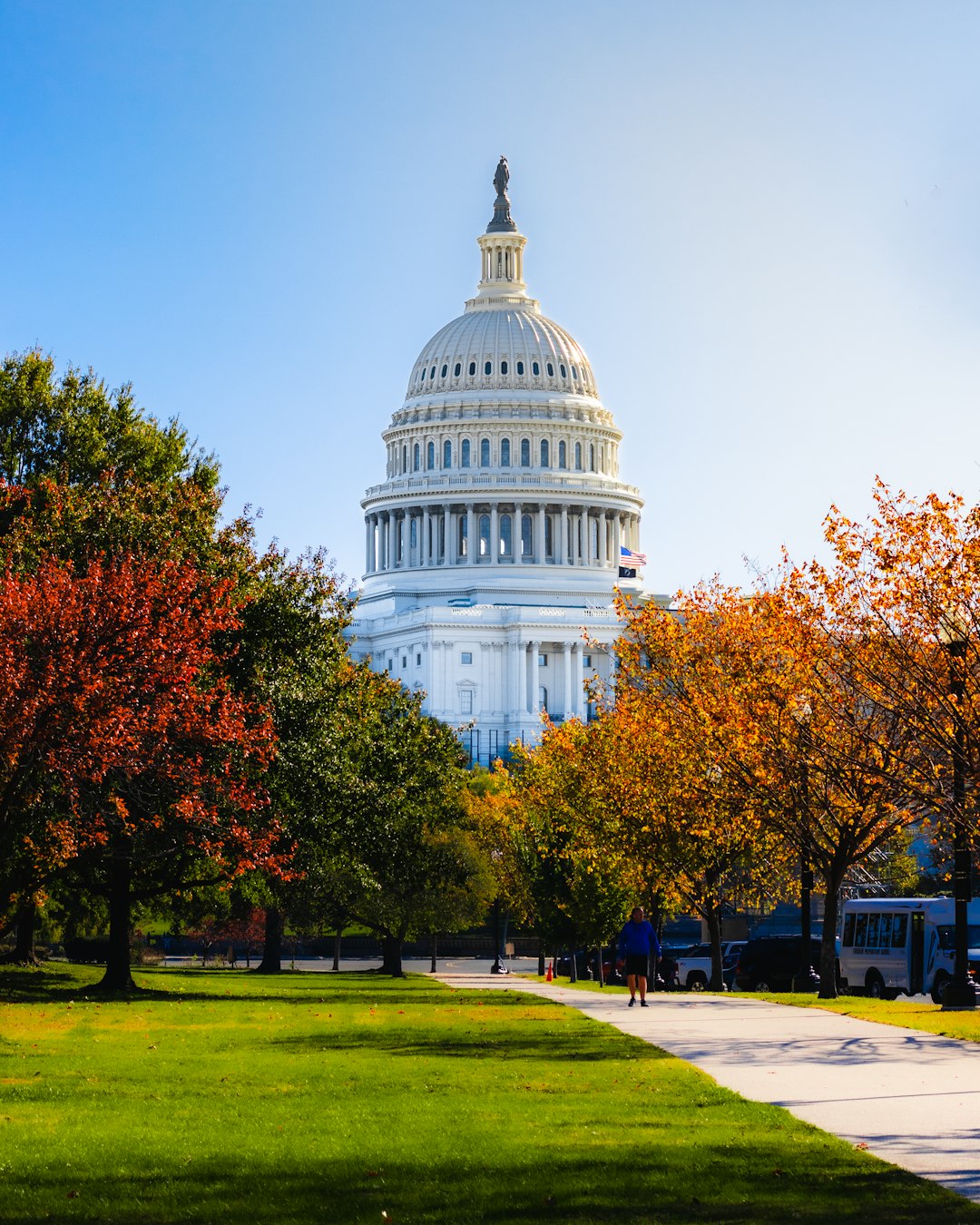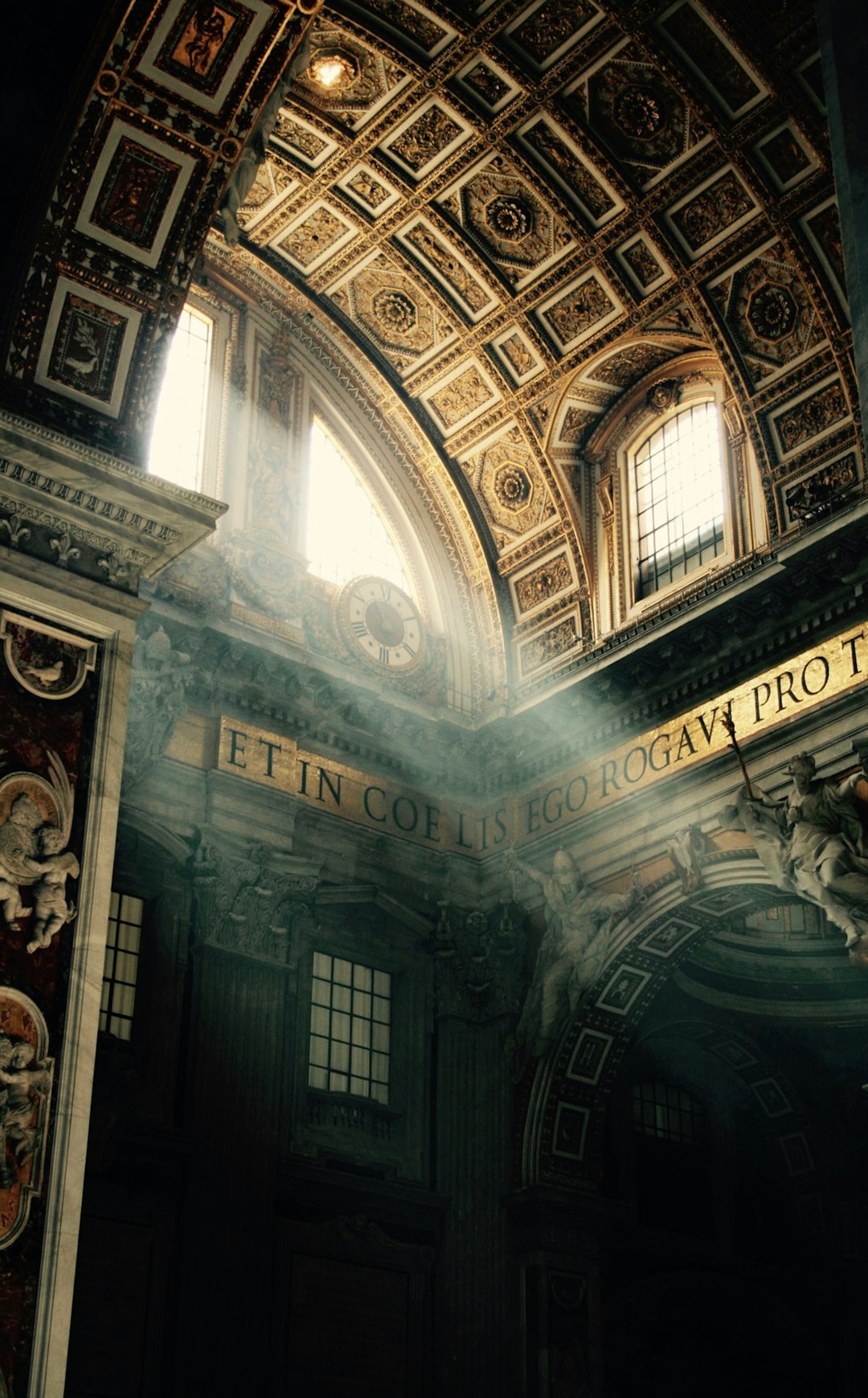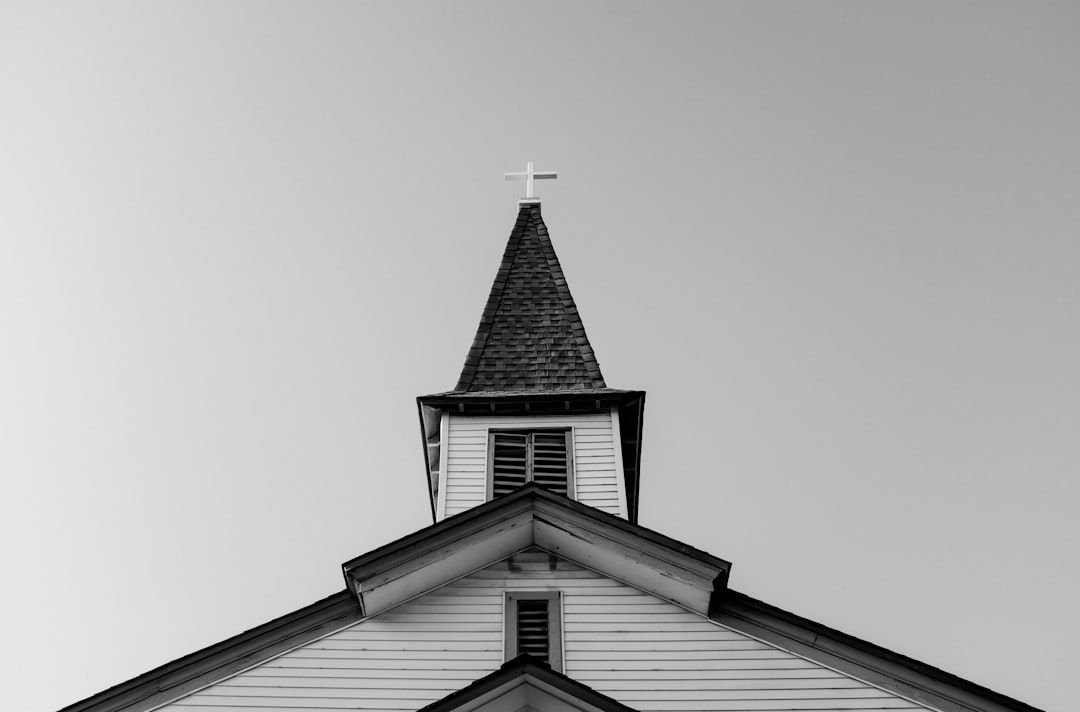In Washington, victims of clergy abuse face unique challenges due to power dynamics, institutional secrecy, and cultural barriers. Specialized clergy abuse law firms navigate these complexities, collaborating with survivor support organizations for comprehensive legal assistance. Choosing the right firm is crucial; look for attorneys with expertise in this field, a proven track record, and commitment to victims' rights, as evidenced by case results and client testimonials. These firms guide clients through the process—from initial consultation and evidence gathering to filing complaints, negotiations, or trials—to hold perpetrators accountable and foster change within religious communities, ultimately creating a safer environment for all.
“Navigating the complex landscape of clergy abuse cases in Washington requires expert legal counsel. If you’ve experienced assault or misconduct at the hands of a cleric, understanding your rights is crucial. This article guides victims through the process, highlighting the importance of choosing a specialized lawyer from reputable clergy abuse law firms in Washington.
We’ll explore Washington’s laws and protections, key considerations for selecting legal representation, and what to expect when filing a lawsuit against a clergy member.”
Understanding Clergy Abuse Cases in Washington: Laws and Protections
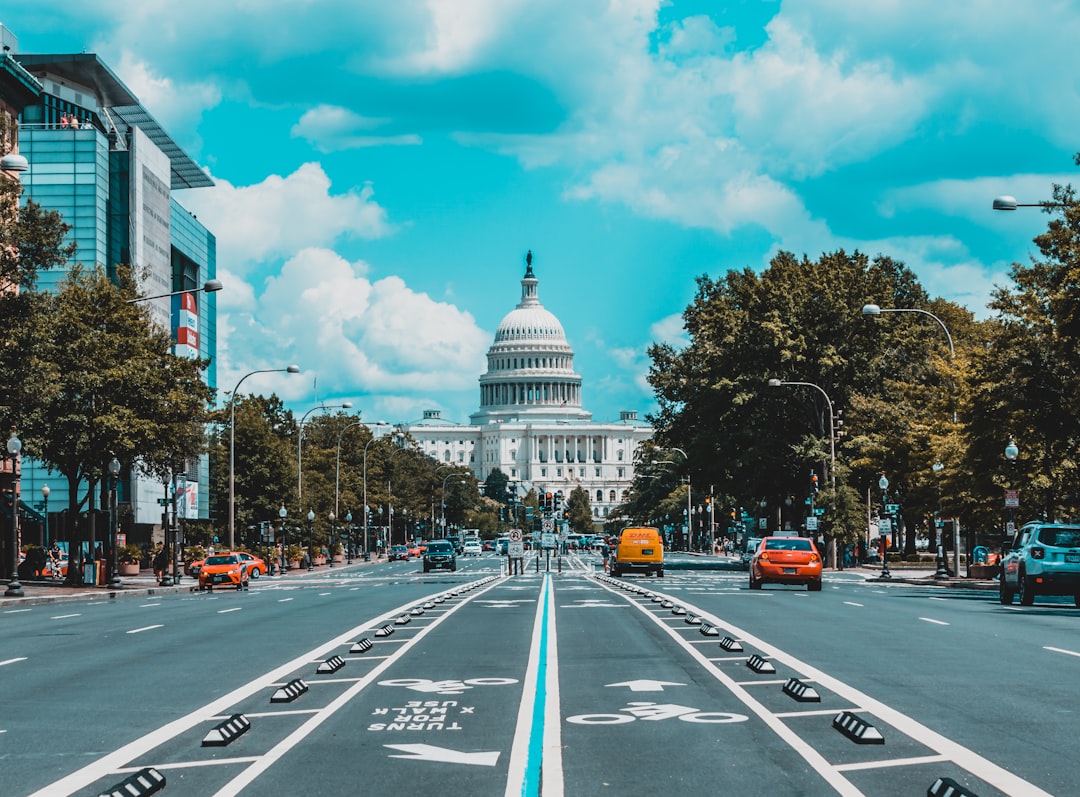
In Washington, clergy abuse cases are governed by a specific set of laws and protections designed to safeguard individuals who have been harmed by religious leaders. These cases often involve complex issues of power dynamics, institutional secrecy, and potential cultural barriers to reporting. The state’s legal framework recognizes the unique challenges faced by victims of clergy abuse, ensuring they have access to justice and support.
Washington law firms specializing in clergy abuse cases play a crucial role in navigating these complexities. They are equipped with experienced attorneys who understand the nuances of religious institutions and can advocate for victims’ rights effectively. These law firms often collaborate with organizations that provide resources and counseling for survivors, offering comprehensive support throughout the legal process. By holding perpetrators accountable and advocating for change within religious communities, these clergy abuse law firms in Washington contribute to a safer and more supportive environment for everyone.
Choosing the Right Lawyer: Key Considerations for Victims of Clerical Assault
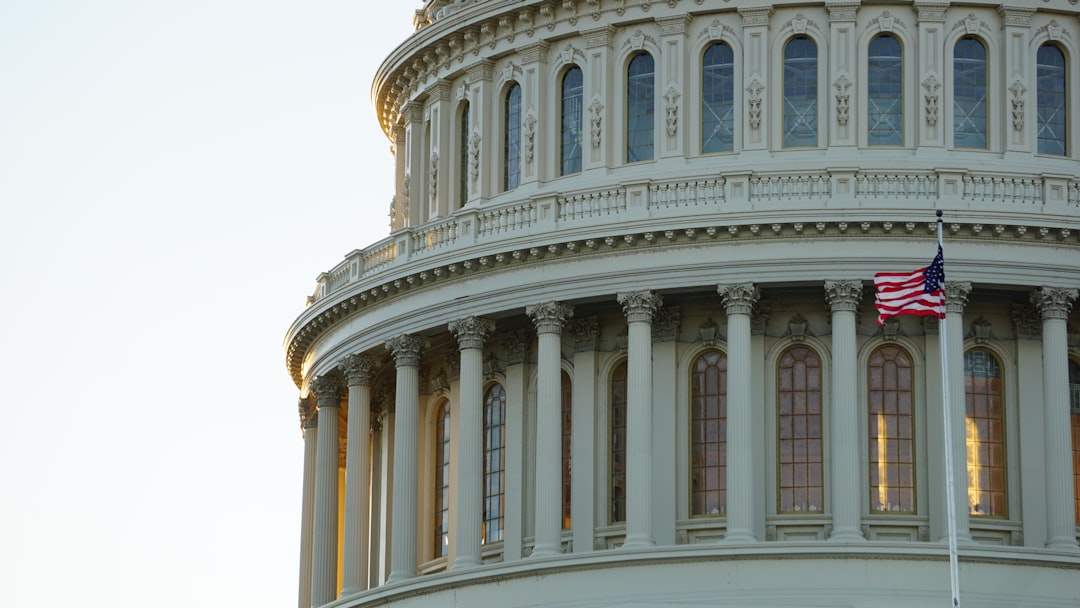
Choosing the right lawyer is a critical step for victims of clerical assault in Washington state. It’s essential to find an attorney who specializes in clergy abuse cases, understands the unique challenges faced by survivors, and has a proven track record handling similar legal matters. Many people may feel vulnerable and uncertain after experiencing trauma, so selecting a supportive and compassionate advocate is paramount. Look for a law firm focused on victims’ rights with experience navigating complex legal systems related to religious institutions.
When considering a clergy abuse law firm in Washington, verify their expertise, reputation, and commitment to advocating for justice. Research their case results, client testimonials, and the types of cases they’ve successfully handled. Ensure open communication, clear expectations, and regular updates throughout the legal process. The right lawyer will empower you to take control, seek justice, and begin the healing journey after a clergy assault.
The Process: What to Expect When Filing a Lawsuit Against a Clergy Member
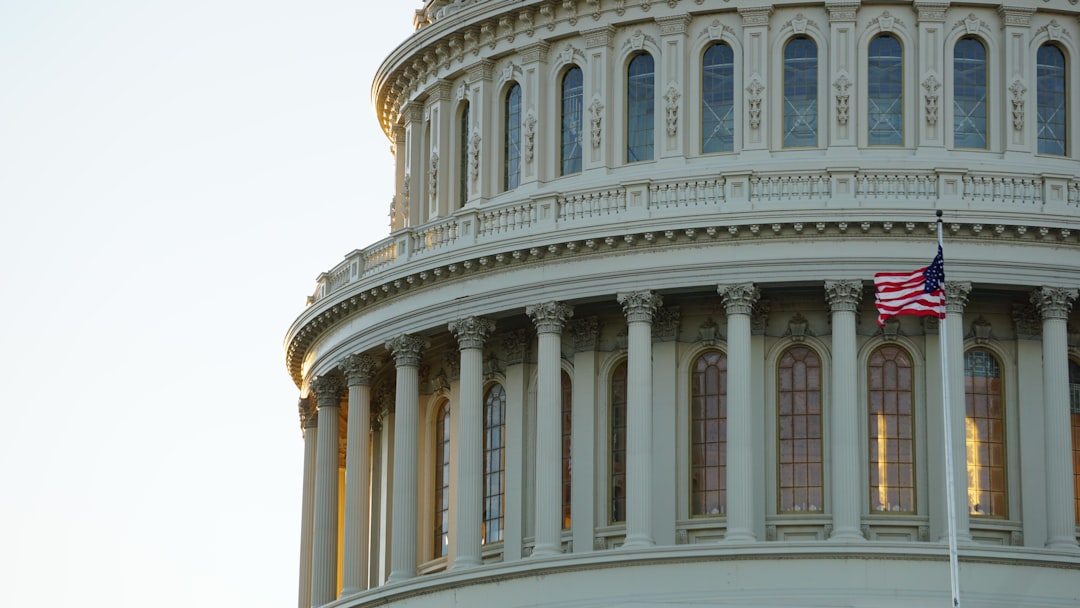
When considering legal action against a clergy member for assault, it’s natural to feel overwhelmed. The process can be complex and emotional, but reputable clergy abuse law firms in Washington are equipped to guide you every step of the way. Typically, filing a lawsuit begins with consulting an attorney who specializes in these cases. They will help you understand the applicable laws and assess the strength of your case.
This initial phase involves gathering evidence—any documents, witness statements, or other relevant information that supports your claim. The lawyer will then draft and file the official complaint, initiating the legal process. From there, negotiations may occur, aiming to reach a settlement out of court. If these discussions fail, the case proceeds to trial where a judge or jury determines liability and awards damages.
